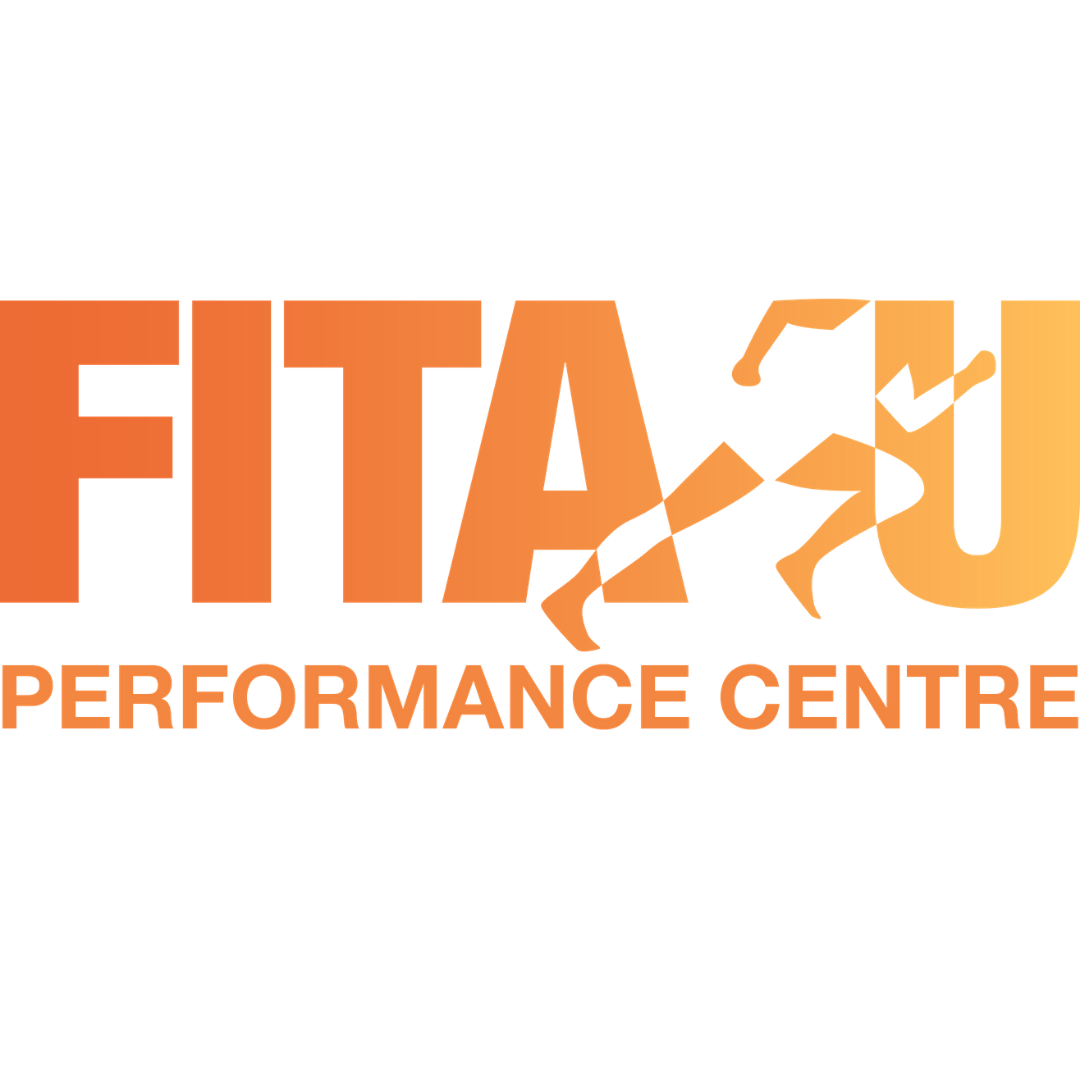The Power Of Protein
One of the most under eaten macronutrients is protein and for most needs to be tracked loosely until good intuitive eating habits are developed. Why? Over time we have adapted a Western Diet, which is ‘generally characterised by higher intakes of red and processed meat, butter, high-fat dairy products, eggs, refined grains, white potatoes, refried beans and high-sugar drinks’ (The American Journal of Clinical Nutrition, 2006). As a result, there is inadequate consumption of protein and too much carbohydrates and saturated fat being consumed.
What Is The Role Of Protein and How Much Should I Eat?
Protein is an important macronutrient required for the building, maintenance, and repair of tissues in the body. Amino acids, the building blocks of protein, can be synthesised by the body or ingested from food. There are 20 different amino acids in the food we eat, but our body can only make 11 of them. The nine essential amino acids, which cannot be produced by the body, must be obtained from the diet.
When looking to improve your body composition by getting leaner and/or gain muscle, the correct amount of protein consumed is the first and foremost important factor that needs to be looked at. Although I said at the beginning that there is no need to track gram for gram, you still need to have a rough number to base your protein consumption off. You should be looking to eat between 1.8-2 grams/kg of protein per day, for example if you weigh 75kg then you should be shooting for approximately 135-150 grams of protein per day.
To break it down, if you consume 5 meals a day (3 main meals and 2 snacks) you would only need to eat on average, between 25-28 grams of protein per meal. Below is an example of what you could include in each meal and how to track it without having to count every gram and calorie.
Breakfast: Omelette with 3 eggs, mushrooms and spinach plus a ¼ avocado on 1 slice of sprouted bread (Approximately 30 grams of protein). A great first meal mantra to go by is "30 within the first 30” aka. 30 grams of protein within 30 minutes of waking up or finishing a workout.
Mid Morning Snack: 1 small tub of Chobani Yoghurt with a tablespoon of peanut butter (Approximately 20 grams of protein)
Lunch: 100 grams of chicken breast with a Greek salad - fetta, tomato, cucumber, olives, onion (Approximately 35 grams of protein)
Mid Afternoon: 1 scoop of protein powder and 1 banana (Approximately 25 grams of protein)
Dinner: 100 grams of eye fillet steak and a leafy greens salad plus 1 cup of quinoa (Approximately 40 grams of protein)
This easily adds up to 150 grams of protein for the day and even though its slightly over what I recommended as a daily consumption for a 75kg person, it just shows how easy it to consume the right amount of protein.
How Will Protein Help Me To Get Lean And Stay Lean?
When you increasing your protein intake it aids with body composition improvement in a few different ways:
1. Increased satiety - protein generally increases satiety to a greater extent than carbohydrate or fat and may facilitate a reduction in energy consumption under ad libitum dietary conditions;
2. Increased thermogenesis - higher-protein consumption is associated with increased thermogenesis, which also influences satiety and augments energy expenditure (in the longer term, increased thermogenesis contributes to the relatively low-energy efficiency of protein);
3. Maintenance or accretion of fat-free mass - in some individuals, a moderately higher protein consumption may provide a stimulatory effect on muscle protein anabolism, favouring the retention of lean muscle mass leading to an improved metabolic profile.
A study from the American Journal of Clinical Nutrition in July 2015 showed that individuals who doubled their protein intake (15% to 30% of calories) ate 441 less calories per day, while losing 5 kg (of mostly fat) in 12 weeks.
In conclusion, if you are serious about ramping up your results and improving your body composition then you need to be making a conscious effort to track your protein intake to some degree. You should always keep in mind that eating whole foods should always take priority and this in turn will make hitting your protein targets much easier. If you would like further help with your nutrition, click the button below to register your details and we will be contact with you soon!
Note* The information outlined in this blog is designed for educational purposes only. I have undertaken a significant amount of research and also draw on my own knowledge to make these conclusions and recommendations. Please keep in mind that I am not a trained medical practitioner or a qualified nutritionist. If you have concerns, please seek the advice of your General Practitioner or another health professional.
Written by Director & Head Coach, Ashley Carucci.
